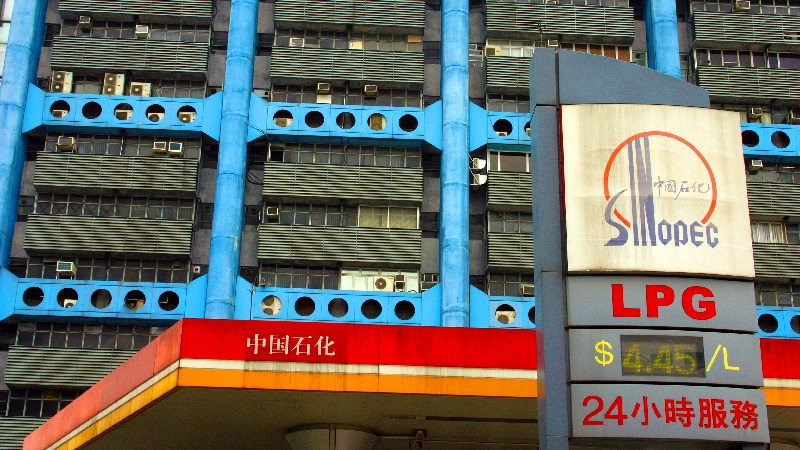Energy price, regulatory price distortion and economic growth: A case study of China
March 20 2017

Energy prices are often distorted by government control, which is justified on the grounds that such control will help mitigate the negative impact of price volatility from oil imports, and thus positively affect the domestic economy. This paper shows in a two-sector growth model that regulatory price distortion can negatively affect the economy, and then, based on the model, empirically estimates the impact of the price distortion on output growth in China, using monthly, time series data from 2005M1 to 2012M12. In contrast to the usual argument for regulatory control to mitigate price volatility, regulatory price distortion negatively affects output growth in China during both the short and long term, because it is robust to different measures of output and price distortion. Hence, the argument that using price regulation to protect economic growth is undermined, and subsequently, this study lends its support to energy price deregulation. A market oriented energy price regime may improve the resilience of the domestic economy to global oil price shocks.
Note: This article was published in Energy Economics, Volume 63, March 2017, 261–271. Read the article online here.
Authors: Dr Xunpeng Shi, Principal Research Fellow, Australia-China Relations Institute, University of Technology Sydney; Associate Professor Sizhong Sun, College of Business, Law and Governance, James Cook University.
